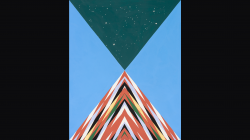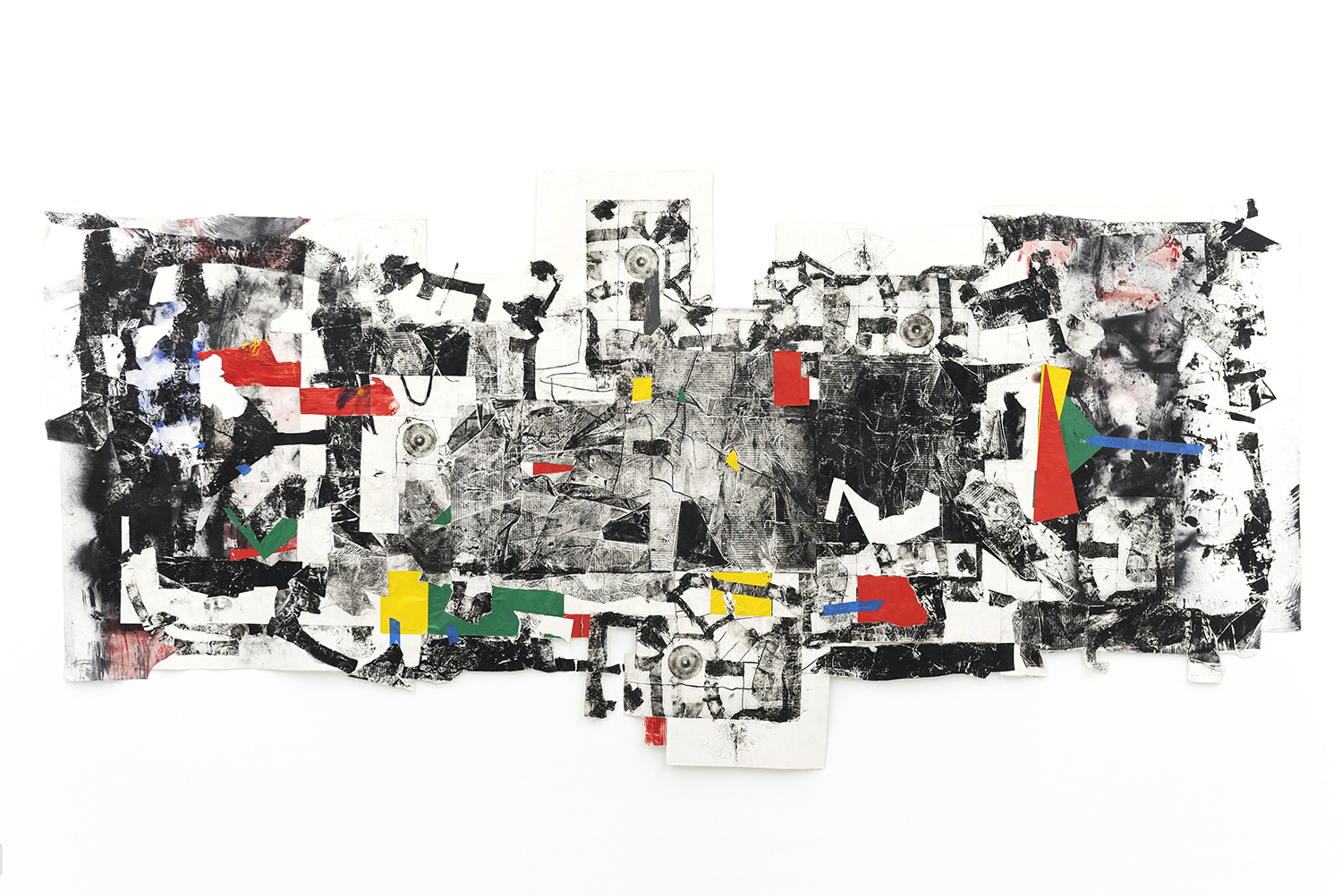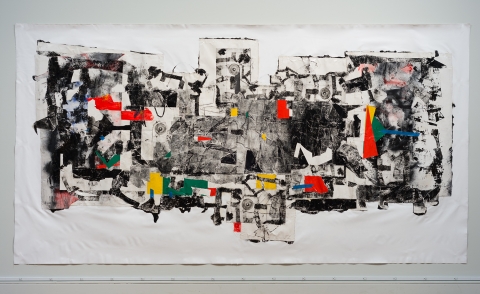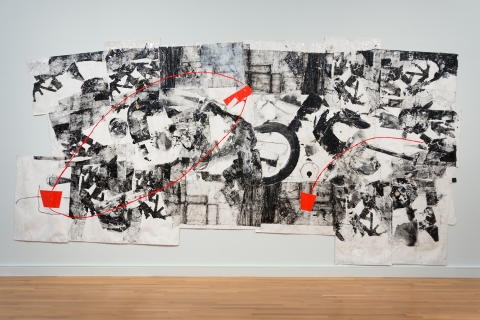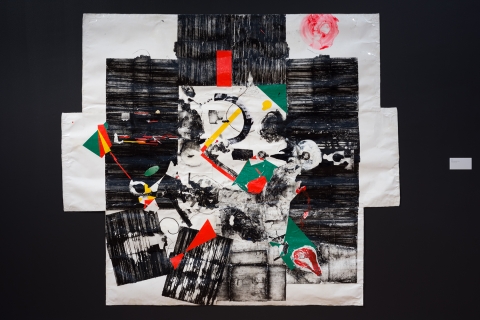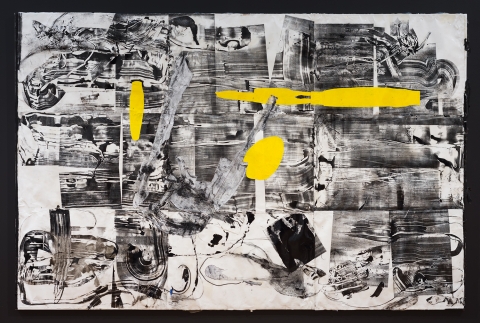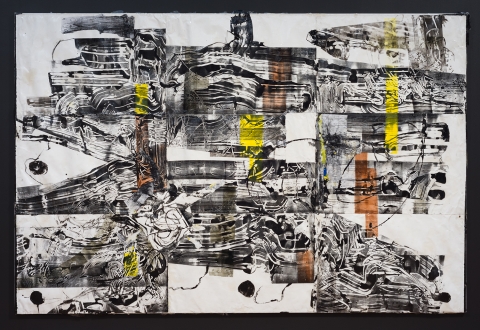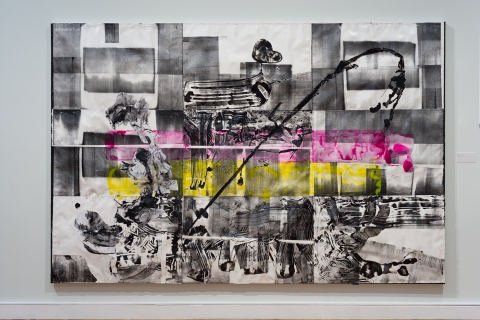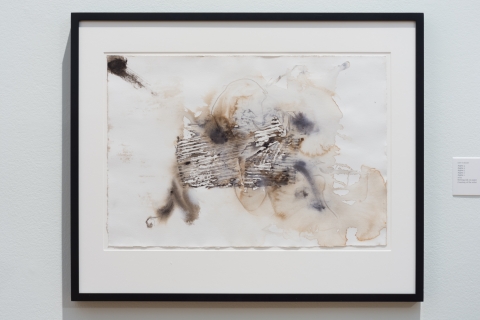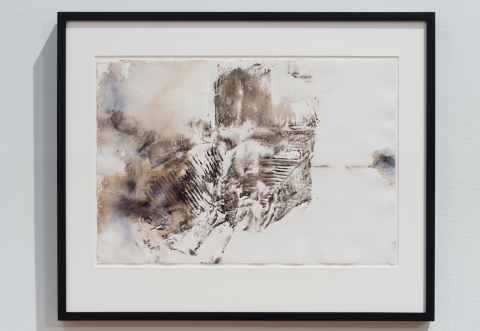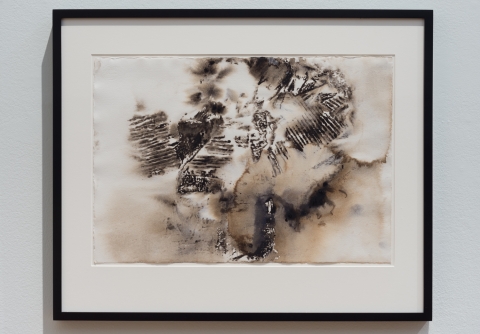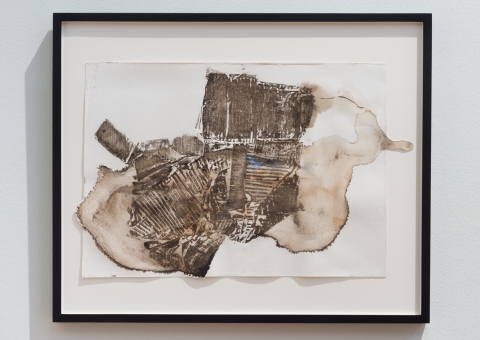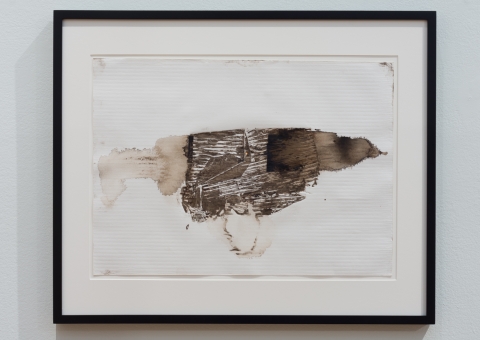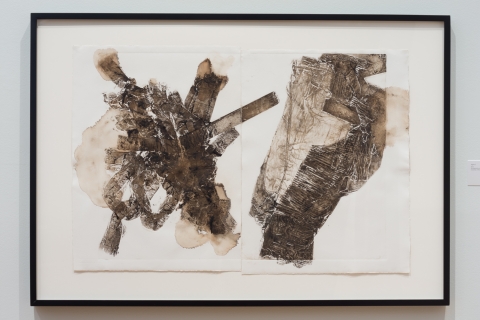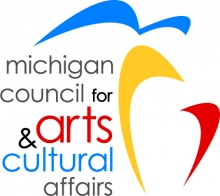Cullen Washington, Jr.: The Public Square
An Abstract Meditation On The Grid And Humanity
This expansive look at the work and concerns of emerging contemporary artist Cullen Washington, Jr. pivots around the artist’s most recent series, Agoras — a set of vivid, large scale abstract paintings and small collage works.
The compositions explore the ancient Greek public space as a site for activated assembly and the heart of the artistic, spiritual, and political life of the city.
UMMA's installation is designed with a simulated public square at its center, complete with sound components featuring noted political and aesthetic discourse and surrounded by Washington’s soaring monumental collages. Works from four earlier series by the artist form the perimeter of the Museum’s largest special exhibition space.
Though in-person visits to the exhibition were cut short when the museum closed during the COVID-19 pandemic of 2020, online visitors are invited to explore Washington’s works in this digital extension of the exhibition.
Artist Talk with Guest Curator Vera Grant
Artist Cullen Washington Jr. joined Guest Curator Vera Grant for a virtual check-in to discuss how his work is evolving and how art and abstraction can offer lessons of hope in times of crisis and division.
To make an abstract painting is liberty.
Cullen Washington, Jr.
Agoras
In the Agoras series, Washington uses recycled canvas, paper, tape, and found objects, resulting in complex and layered works that are largely two-dimensional and visually spectacular. Experiencing the fifteen-to-twenty-foot canvases close up reveals the cinematic dimensions of their surface: their poetic and textural contours; their knotty mappings of unfolding intersections of media.
Prints and Smaller Collage Work
Displayed alongside Washington’s monumental Agoras are a series of smaller collage and print making works inspired by the artist’s residency in Greece. Using found cardboard and other urban detritus, he creates collagraphs and prints reminiscent of fossil records.
Lead support for this exhibition is provided by Erica Gervais Pappendick and Ted Pappendick, Candy and Michael Barasch, the University of Michigan Office of the Provost, Office of the President, Michigan Medicine, the Michigan Council for Arts and Cultural Affairs, and the Institute for the Humanities. Additional generous support is provided by the University of Michigan Department of History of Art, School of Education, Department of Afroamerican and African Studies, School of Social Work, and Gerald R. Ford School of Public Policy.

